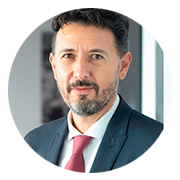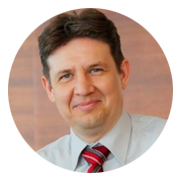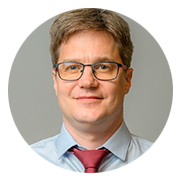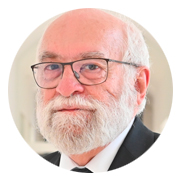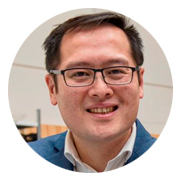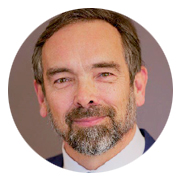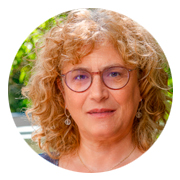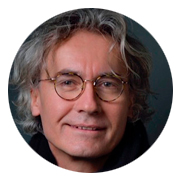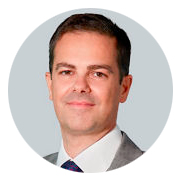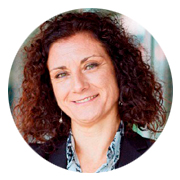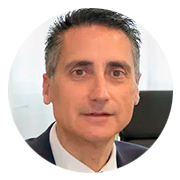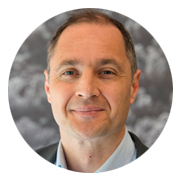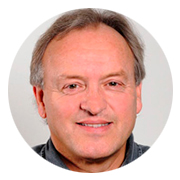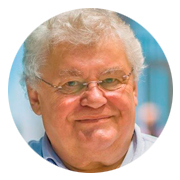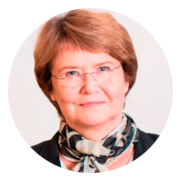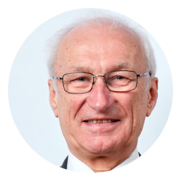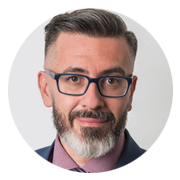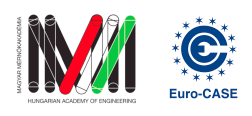
European Engineering for Sustainability
New Solutions for Environmental, Urban and Health Systems
Budapest University of Technology and Economics
Budapest, 23 September 2024
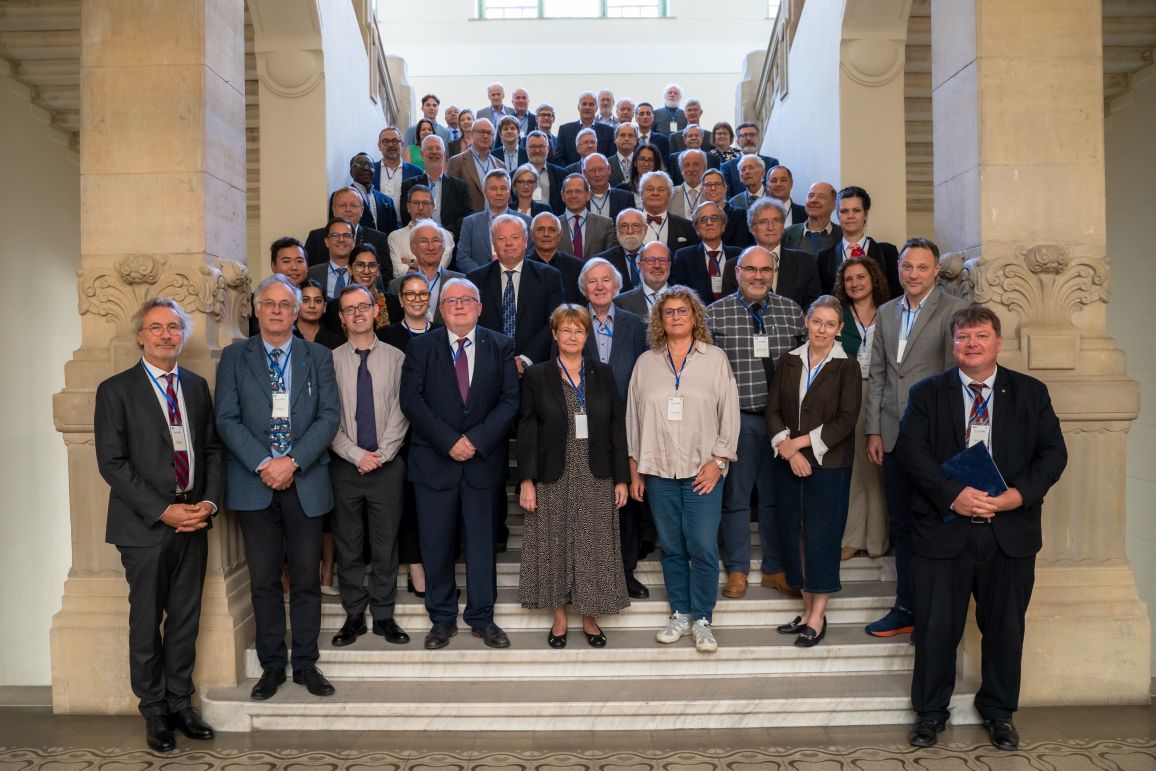
© Bekkerfilms Euro-CASE Annual Conference 2024, Budapest 23.09.2024 Budapest University of Technology and Economics
NO REGISTRATION FEE TO ATTEND THE 2024 EURO-CASE ANNUAL CONFERENCE
The 2024 Euro-CASE annual conference will be webcasted
« European Engineering Sustainability » underscores the crucial role that engineers play in shaping a better world. In an era defined by environmental and social challenges, it is the engineering community that leads the charge in finding applicable solutions.
The conference will address three paramount topics that are central to our global mission. First and foremost, we delve into the pressing issue of environmental challenges. Waste recycling, water management, and industrial and nuclear decontamination will be at the forefront of discussions. Groundbreaking strategies and innovations that promise a cleaner, and more sustainable future will be discussed.
Furthermore, the intricate dynamics of urban environments will be explored. The monitoring and control of urban transport and utility systems are critical to the efficient functioning of cities. Through real-world examples and practical case studies, good practices of those cities that have successfully implemented strategies to enhance urban systems efficiency and sustainability will be discussed.
Equally significant is the discussion on the technical needs and solutions in health promotion and ageing. Engineers are at the forefront of developing technologies that improve healthcare outcomes and facilitate healthy aging processes. This topic is not only relevant but also critical in an era where health and well-being are at the forefront of global concerns.
The Euro-CASE 2024 conference will be a platform for rich dialogues, knowledge exchange, and networking. Experienced speakers, including distinguished Fellows of Academies and leading experts in the field, will share their insights and experiences. Valuable perspectives on how engineering can lead towards a more sustainable and resilient future will be discussed.
Budapest, a city rich in history and innovation, offers an excellent opportunity to embark on a journey of discovery and collaboration. It is hoped that during the conference engineering solutions that Europe offers that not only address the challenges of today but also lay the foundation for a brighter and more sustainable tomorrow.
Photos: ©Bekkerfilms
9.00 – 9.45
OPENING SESSION,
including a Conference lecture
Welcome address:
- Andras Szöllösi-Nagy, Conference Chair
- Miklos Bendzsel (HU), President of the Hungarian Academy of Engineering
- Tuula Teeri (SE), Chair of Euro-CASE
- Ms. Rosalinde Van der Vlies, Director of Clean Planet, European Commission (visio)
Conference video message:
- Csaba Kőrösi (HU), former President of the United Nations General Assembly
Strategic Director of the Blue Planet Foundation
Can we engineer sustainability transformation?
9.45 – 11.25
FIRST SESSION:
Current environmental sustainability challenges (water resources management, waste recycling, industrial and nuclear decontamination)
Tackling increasingly complex environmental challenges requires swift attention by the engineering community. Innovations in waste recycling, particularly managing plastic waste, are imperative. Engineers play a pivotal role in designing advanced water management facilities to combat the ever-increasing hydrological extremes as well as pollution. This session will focus on these pressing environmental challenges. The spotlight is on engineers’ pivotal role in industrial and nuclear decontamination, ensuring safe remediation processes. Additionally, engineering expertise contributes to the restoration of areas affected by nuclear incidents by rebuilding public trust in nuclear energy safety. Throughout, the session will emphasize interdisciplinary collaboration, with engineers working alongside scientists, policymakers, and communities to develop holistic solutions. Public awareness and education are underscored for fostering a collective commitment to sustainable practices. The urgency of these challenges calls for a proactive approach, and engineers, as innovators, lead the charge by integrating technology, advocating for effective policies, and engaging with communities. This session aims to inspire dialogue, innovation, and collaboration for a healthier, more resilient planet, with engineers at the forefront of prioritizing sustainable practices.
Session chair:
- Attila Aszódi (HU), Dean of Faculty of Natural Sciences, Budapest University of Technology and Economics
Energy perspective in a changing energy transition : DOWNLOAD PRESENTATION
Speakers:
- Nicola Fiorotto (IT), Versalis Head of Research and Technological Innovation
Versalis pathways to circularity: new technological platforms and synergic approach: DOWNLOAD PRESENTATION
- Christophe Cord’Homme (FR), WasteTT
Current environmental sustainability challenges (waste management) : DOWNLOAD PRESENTATION
- János Bogárdi (HU), Ludovika University of Public Service in Budapest, Senior Fellow, the Center of Developement Research (ZEF), University of Bonn
The three “P” challenge of sustainable water resources management : DOWNLOAD PRESENTATION
Panellists:
- Georgia Destouni (SE), Professor, (Dept. of Physical Geography,) Stockholm University, and (Dept. of Sustainable Development, Environmental Science and Engineering,) KTH Royal Institute of Technology, Sweden : DOWNLOAD PRESENTATION
- Mirella Di Lorenzo (UK), Associate Dean (International), Faculty of Engineering and Design
Co-Director of the Centre for Bioengineering and Biomedical Technologies (CBio), Professor in Biochemical Engineering, University of Bath : DOWNLOAD PRESENTATION - Willy Verstraete (BE), Center for Microbial Ecology and Technology
DOWNLOAD PRESENTATION - Bruno Zelic (HR), Vice-President of the Croatian Academy of Engineering
Micro-, Lab-, Pilot- and Industrial Scale Based Biocatalytic Processes for Waste Management : DOWNLOAD PRESENTATION
11.25 – 11.45
COFFEE BREAK
11.45 – 13.25
SECOND SESSION:
Sustainable healthcare management: technical needs and engineering solutions
In the dynamically evolving society, addressing health needs is crucial for long-term sustainability. Technology-driven solutions, from personalized treatment planning to telemedicine and remote devices, empower individuals and institutions in sustainable health management. Data-driven approaches, such as medical imaging, machine learning and AI, revolutionize diagnostics and treatment. Aging in place is supported by smart home solutions with assistive technologies. Robotics and automation play a key role in caregiving and healthcare. Interconnectivity ensures a holistic healthcare approach through seamless data flow. The third session will explore innovative engineering solutions for health promotion and aging.
Session chair:
- Eugenio Guglielmelli (IT), Rector, Full Professor of Bioengineering, Università Campus Bio-Medico di Roma
Towards Health&Care 5.0 : DOWNLOAD PRESENTATION
Speakers:
- John Clarkson (UK), Professor of Engineering Design (Cambridge) and Healthcare Systems (TU Delft), Director of the Cambridge Engineering Design Centre and Co-Director of Cambridge Public Health
Engineering Better Care : DOWNLOAD PRESENTATION
- Elena García-Armada (ES), Co-founder, CEO of Marsi Bionics
Pediatric Exoskeletons: The Technology Transforming Lives - Loránd Erőss (HU), Director, Department of Neurosurgery and Neurointervention, Semmelweiss University, Budapest
Telemedicine of the socially most vulnerable people
Panelists:
- Uwe Andreas Hermann (DK), Chair of ATV’ Life Science Technology Committee in charge of” Danmark 2035 – Worlds best healthcare”
How to move from treatment society to prevention society? : DOWNLOAD PRESENTATION
- Pascal Verdonck (BE), Ghent University, member of Royal Flemish Academy of Belgium for Sciences & Arts, board member of Belgian & European Hospital Managers
DOWNLOAD PRESENTATION - Alejandro Frangi (UK), Bicentennial Turing Chair In Computational Medicine, University of Manchester
Revolutionizing Healthcare: Harnessing Computational Medicine for Sustainable Health Systems : DOWNLOAD PRESENTATION
13.25 – 14.40
LUNCH
14.40 – 16.20
THIRD SESSION:
Monitoring and controlling urban transport and utility systemss
In the face of rapid urbanization, Urban Transport and Utility Systems encounter unprecedented challenges that demand innovative solutions and real-world applications. Efficient urban transport is vital for thriving cities, connecting people to opportunities while reducing congestion and environmental impact. Real-time monitoring, fueled by technologies like IoT, AI, smart grids enable dynamic adjustments in traffic flow and public transportation, contributing to reduced emissions and improved air quality. Utility systems, encompassing electricity, water, and gas, are critical urban infrastructure components. Monitoring and control technologies optimize distribution, enhance resilience, and empower consumers are critical to make sustainable choices. Water and wastewater management, supported by smart sensors and monitoring, is essential for sustainability. Successful projects often require collaboration, open data platforms, and citizen engagement for user-centric solutions. This session will explore how monitoring and controlling urban transport and utility systems are instrumental in creating sustainable, livable urban environments for the future.
Session chair:
- Lukas Roffel (NL), NAE Fellow and Chief Technical Officer, Thales Netherlands
Urban multimodal transportation challenges : DOWNLOAD PRESENTATION
Speakers:
- Edouard Ivanjko (HR), Department of Intelligent Transportation Systems (ZITS), Faculty of Traffic and Transport Sciences (UNIZG-FTTS), University of Zagreb (UNIZG). Member of the Transport Optimization Group (TOG) at the Department of Intelligent Transportation Systems (ZITS), Center of Excellence for Computer Vision (CRV), and the Centre of Research Excellence for Data Science and Advanced Cooperative Systems, Research unit Data Science.
Improving Urban Transport by Combining Connected Vehicles, Machine Learning and Digital Twins : DOWNLOAD PRESENTATION
- Janusz Szpytko (PL), UNESCO AGH Chairholder, AGH University of Krakow, UNESCO Chair for Science, Technology, and Engineering Education, Krakow, Poland
DOWNLOAD PRESENTATION - Csaba Benedek (HU), deputy director of the HUN-REN Institute for Computer Science and Control, SZTAKI, Full Professor at PPKE
Urban scene perception and environment model synthesis from multisensorial spatial data : DOWNLOAD PRESENTATION
Panellists:
- Jiajun Cen (NL), Aquabattery
Dutch water technology for sustainable energy storage : DOWNLOAD PRESENTATION
- Peter Lipar (SI), University of Ljubljana, Faculty of Civil and Geodetic Engineering, Faculty Member
The impact of public transport on changing travel habits – the case of Ljubljana : DOWNLOAD PRESENTATION
16.20 – 17.00
CLOSING SESSION:
- Tuula Teeri (President Euro-CASE) Host of the Euro-CASE 2025
- Bernhard Plunger (AT), The Austrian Academy of Sciences, host of the 2025 Euro-CASE Annual Conference
- A. Szöllősi-Nagy (HU), Conference Chair
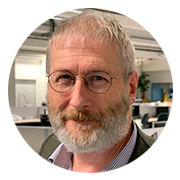
John Clarkson
Professor of Engineering Design (Cambridge) and Healthcare Systems (TU Delft), Director of the Cambridge Engineering Design Centre and Co-Director of Cambridge Public Health
Abstract
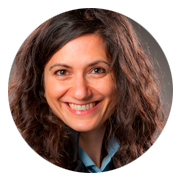
Mirella Di Lorenzo
Senior Lecturer (Associate Professor) in the Department of Chemical Engineering, University of Bath
Abstract
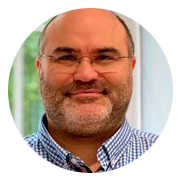
Alejandro Frangi
Bicentennial Turing Chair In Computational Medicine, University of Manchester
Abstract
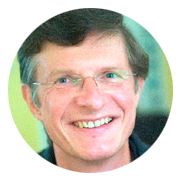
Uwe Andreas Hermann
Chair of ATV’ Life Science Technology Committee in charge of” Danmark 2035 – Worlds best healthcare”
Cv
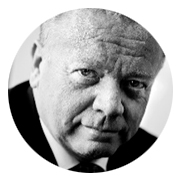
Pascal Verdonck
Ghent University, member of Royal Flemish Academy of Belgium for Sciences & Arts, board member of Belgian & European Hospital Managers
Cv




